The content of the article
Diet is one of the main conditions for the well-being of a person, especially during difficult periods of life - pregnancy, postoperative rehabilitation, many diseases of the gastrointestinal tract. Properly chosen diet can save the patient from possible problems and complications. Especially acute is the question of diet during lactation. A nursing woman should carefully select food. They must be fresh and safe. After all, the quality and nutritional value of the diet depends on the fat content of breast milk. Today we will talk about cheese - how safe and useful a product is during lactation, how much cheese you can eat to a nursing mother and how to make homemade cheese yourself.
Is cheese allowed in the diet of a nursing woman?
Pediatricians, experienced moms and breastfeeding consultants know that any product in the diet of a nursing woman should not cause allergies.and fermentation, food must be nutritious and healthy. Consider cheese for each of these criteria.
- Cheese does not cause allergies. Moms are usually skeptical of dairy products, since cow protein can cause allergies. This is especially true of babies in the first months of life, because their digestive tract does not yet produce the necessary enzymes, the body of the crumbs can react with swelling, flatulence, as a result, whims and anxiety. In fermented milk products, and especially in cheese, cow protein is in a processed form, it is not dangerous for a child. If a baby has a very high lactose deficiency and the body reacts even to cheese, you can choose varieties for the manufacture of which goat milk is used, not cow's. It is much easier to digest and recycle.
- Cheese does not cause fermentation. Intestinal colic is one of the main problems of the infant. The fact is that in the first months of life, the gut of the crumbs is at the stage of maturation, he slowly learns to produce the necessary enzymes. Because of this, baby has flatulence, bloating. The child often cries, cannot sleep properly, gets tired, is tormented by gas formation.This is a difficult but physiological period, which you just need to wait, try to maximally alleviate the condition of the crumbs with a massage, a warm diaper, a venting tube, etc. It is very important to follow the diet in order not to aggravate flatulence. Cheese is one of the few products that is perfectly digested, does not cause fermentation in the intestines of the mother, in this respect cheese is completely acceptable for consumption.
- High nutritional value of cheese. To breast milk was fat and nourishing, food must be healthy, with a large number of valuable substances. Cheese belongs to this category. It has many trace elements and vitamins, important fats and acids. Cheese is not only possible, but also needs to be included in your diet during lactation, because this period is characterized by weakness and depletion of the body. Cheese will help you quickly get back in shape and get the right dose of energy. In addition, low-fat cheeses contain in their composition a few calories, this does not affect the figure of a woman who wants to quickly get rid of extra and unnecessary kilograms. In addition, cheese is a wonderful and tasty way to diversify the meager diet of a nursing woman.
It is important to understand that some types of cheese may affect breastfeeding. Too spicy or spicy cheeses should be abandoned - they can change the taste of breast milk. Also, do not eat cheese with mold, because the fungus is dangerous for the body in such a vulnerable state. Melted cheese is considered to be difficult to assimilate, in the first months of the baby’s life it is better to refrain from using it. In case of kidney diseases (urolithiasis and pyelonephritis), it is allowed to consume cheese in small quantities, it is better to consult with your doctor in advance about this.
The benefits of cheese during lactation
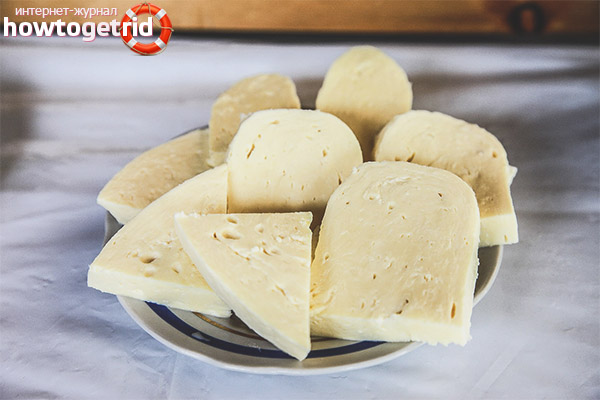
Varieties of soft granular cheese, which are more like cottage cheese, are often recommended for women with weak lactation. In general, cheese is an essential product in the diet of a nursing mother. First of all, it improves the processes of digestion. The protein in the composition of the cheese is perfectly absorbed, it is a guarantee of strong teeth and nails of a woman, the basis of a healthy skeleton of a child. As part of the cheese a lot of vitamin A, which promotes tissue regeneration, it is very important in the postpartum period, if a woman has had tears and stitches have been applied.Cheese contains a lot of ascorbic acid - vitamin C allows you to create a strong immunity and protect against colds. Potassium in the composition of the cheese perfectly affects the cardiovascular system of the mother. And a moderate consumption of cheese helps to improve the flow of lymphoid fluid, stabilizes metabolic processes in the body. This provides a decrease in volume, weight loss and getting rid of cellulite.
Which cheese is good for lactation?
We have already said that a nursing mother can not eat blue cheese, it is better to refrain from processed varieties of cheese. You also need to abandon pickled cheeses, they have a lot of salt, and this is an additional burden on the kidneys, which already worked during the whole pregnancy for two organisms. You can not eat smoked cheeses - first of all, they can affect the taste of breast milk. But the main risk is that manufacturers often achieve a vigorous taste not in a natural way, but with the help of numerous additives, preservatives, flavor enhancers, etc. To avoid unnecessary ingredients and eat only safe cheese during lactation, you can make it yourself.
In the preparation of cheese for rolling milk, you can use along with kefir ordinary calcium chlorine from the ampoule (hot injection).Then at the exit you get a cheese rich in calcium. Such a product is absolutely safe, for a young mommy, it is incredibly useful and valuable. Eat cheese during lactation - this is a magical product that will help you stay healthy!
Video: proper nutrition during breastfeeding

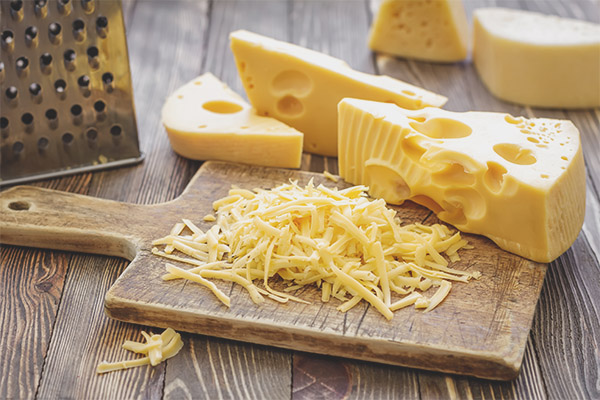

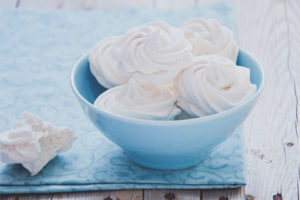
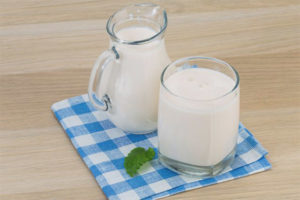
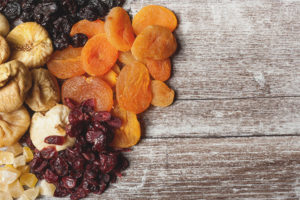
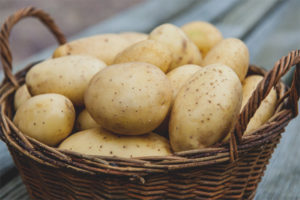
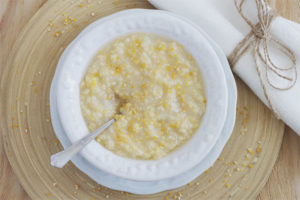
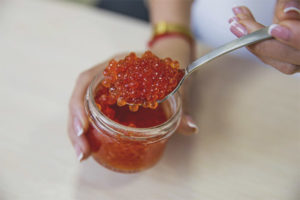
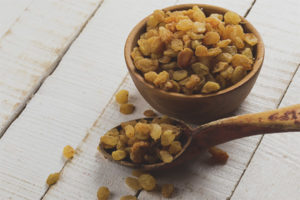
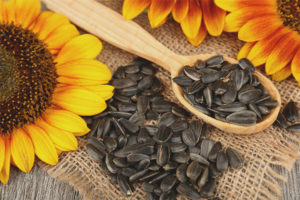
To send